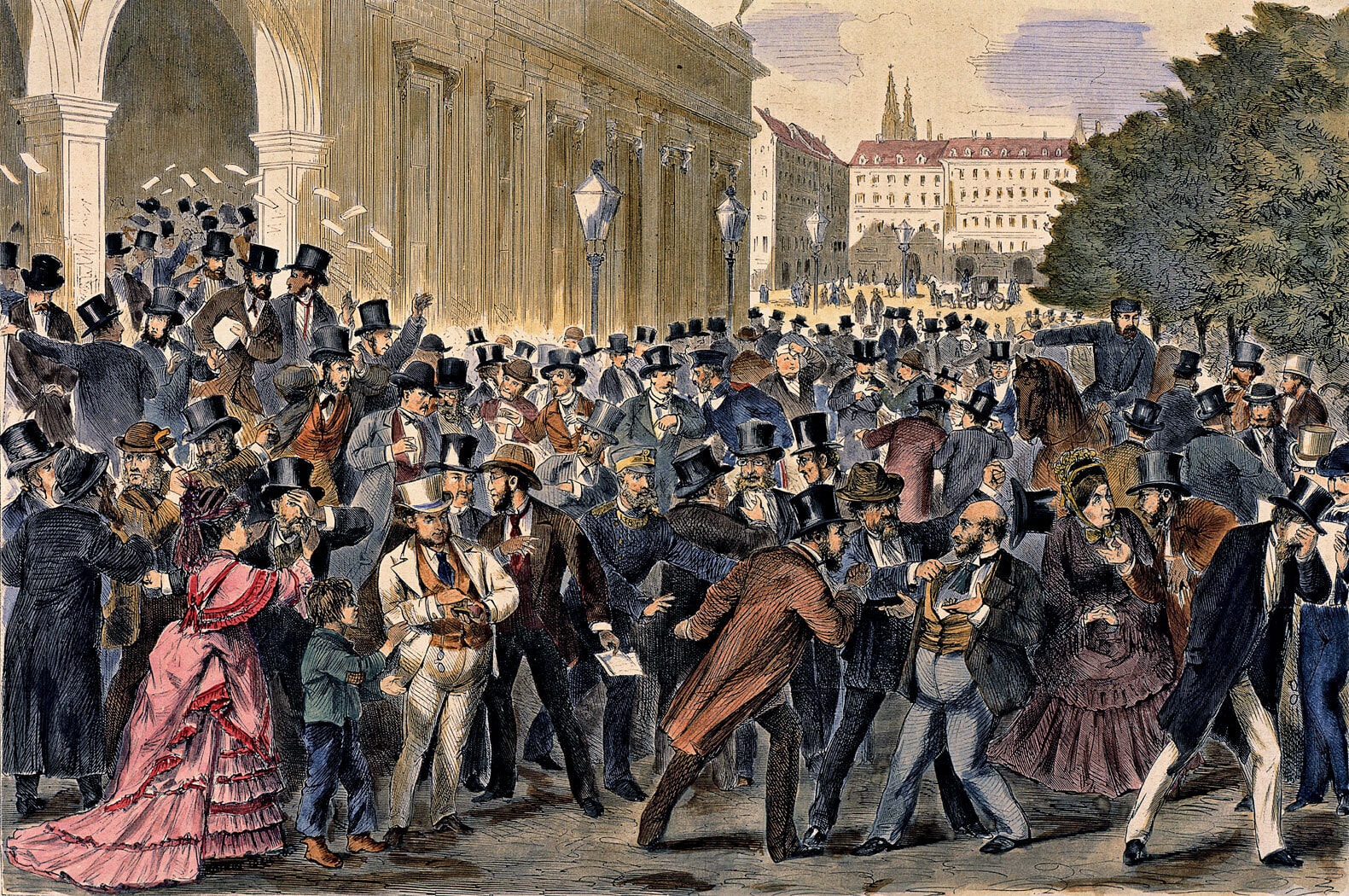What is the financial singularity, and will it ever happen?

Stay up to date:
Digital Communications
In their new book The Incredible Shrinking Alpha, Larry E. Swedroe and Andrew L. Berkin describe an investment environment populated by increasingly sophisticated analysts who rely on big data, powerful computers, and scholarly research. With all this competition, “the hurdles to achieving alpha [returns above a risk-adjusted benchmark – and thus a measure of success in picking individual investments] are getting higher and higher.”
That conclusion raises a key question: Will alpha eventually go to zero for every imaginable investment strategy? More fundamentally, is the day approaching when, thanks to so many smart people and smarter computers, financial markets really do become perfect, and we can just sit back, relax, and assume that all assets are priced correctly?
This imagined state of affairs might be called the financial singularity, analogous to the hypothetical future technological singularity, when computers replace human intelligence. The financial singularity implies that all investment decisions would be better left to a computer program, because the experts with their algorithms have figured out what drives market outcomes and reduced it to a seamless system.
Many believe that we are almost there. Even legendary investors like Warren Buffett, it is argued, are not really outperforming the market. In a recent paper, “Buffett’s Alpha,” Andrea Frazzini and David Kabiller of AQR Capital Management and Lasse Pedersen of Copenhagen Business School, conclude that Buffett is not generating significantly positive alpha if one takes account of certain lesser-known risk factors that have weighed heavily in his portfolio. The implication is that Buffet’s genius could be replicated by a computer program that incorporates these factors.
If that were true, investors would abandon, en masse, their efforts to ferret out mispricing in the market, because there wouldn’t be any. Market participants would rationally assume that every stock price is the true expected present value of future cash flows, with the appropriate rate of discount, and that those cash flows reflect fundamentals that everyone understands the same way. Investors’ decisions would diverge only because of differences in their personal situation. For example, an automotive engineer might not buy automotive stocks – and might even short them – as a way to hedge the risk to his or her own particular type of human capital. Indeed, according to a computer crunching big data, this would be an optimal decision.
There is a long-recognized problem with such perfect markets: No one would want to expend any effort to figure out what oscillations in prices mean for the future. Thirty-five years ago, in their classic paper, “On the Impossibility of Informationally Efficient Markets,” Sanford Grossman and Joseph Stiglitz presented this problem as a paradox: Perfectly efficient markets require the effort of smart money to make them so; but if markets were perfect, smart money would give up trying.
The Grossman-Stiglitz conundrum seems less compelling in the financial singularity if we can imagine that computers direct all the investment decisions. Although alpha may be vanishingly small, it still represents enough profit to keep the computers running.
But the real problem with this vision of financial singularity is not the Grossman-Stiglitz conundrum; it is that real-world markets are nowhere close to it. Computer enthusiasts are excited by things like the blockchain used by Bitcoin (covered on an education website called Singularity University, in a section dramatically titled Exponential Finance). But the futurists’ financial world bears no resemblance to today’s financial world. After all, the financial singularity implies that all prices would be based on such things as optimally projected future corporate profits and the correlation of profits with expected technological innovations and long-term demographic changes. But the smart money hardly ever talks in such ethereal terms.
In this context, it is difficult not to think of China’s recent stock-market plunge. News accounts depict hordes of emotional people trading on hunch and superstition. That looks a lot more like reality than all the talk of impending financial singularity.
Markets seem to be driven by stories, as I emphasize in my book Irrational Exuberance. There are stories of great new eras and of looming depressions. There are fundamental stories about technology and declining resources. And there are stories about politics and bizarre conspiracies.
No one knows if these stories are true, but they take on a life of their own. Sometimes they go viral. When one has a heart-to-heart talk with many seemingly rational people, they turn out to have crazy theories. These people influence markets, because all other investors must reckon with them; and their craziness is not going away anytime soon.
Maybe Buffett’s past investing style can be captured in a trading algorithm today. But that does not necessarily detract from his genius. Indeed, the true source of his success may consist in his understanding of when to abandon one method and devise another.
The idea of financial singularity may seem inspiring; but it is no less illusory than the rational Utopia that inspired generations of central planners. Human judgment, good and bad, will drive investment decisions and financial-market outcomes for the rest of our lives and beyond.
This article is published in collaboration with Project Syndicate. Publication does not imply endorsement of views by the World Economic Forum.
To keep up with the Agenda subscribe to our weekly newsletter.
Author: Robert J. Shiller, a 2013 Nobel laureate in economics, is Professor of Economics at Yale University and the co-creator of the Case-Shiller Index of US house prices.
Image: A man looks at an electronic board displaying share prices in Tokyo July 8, 2009. REUTERS/Yuriko Nakao
Don't miss any update on this topic
Create a free account and access your personalized content collection with our latest publications and analyses.
License and Republishing
World Economic Forum articles may be republished in accordance with the Creative Commons Attribution-NonCommercial-NoDerivatives 4.0 International Public License, and in accordance with our Terms of Use.
The views expressed in this article are those of the author alone and not the World Economic Forum.
Related topics:
Forum Stories newsletter
Bringing you weekly curated insights and analysis on the global issues that matter.
More on Economic GrowthSee all
Katica Roy
July 23, 2025
Elena Raevskikh and Giovanna Di Mauro
July 23, 2025
Ali Alwaleed Al-Thani and Santiago Banales
July 21, 2025
Juan Caballero and Ana Sampaio
July 18, 2025
John Letzing
July 17, 2025
William Dixon
July 16, 2025





